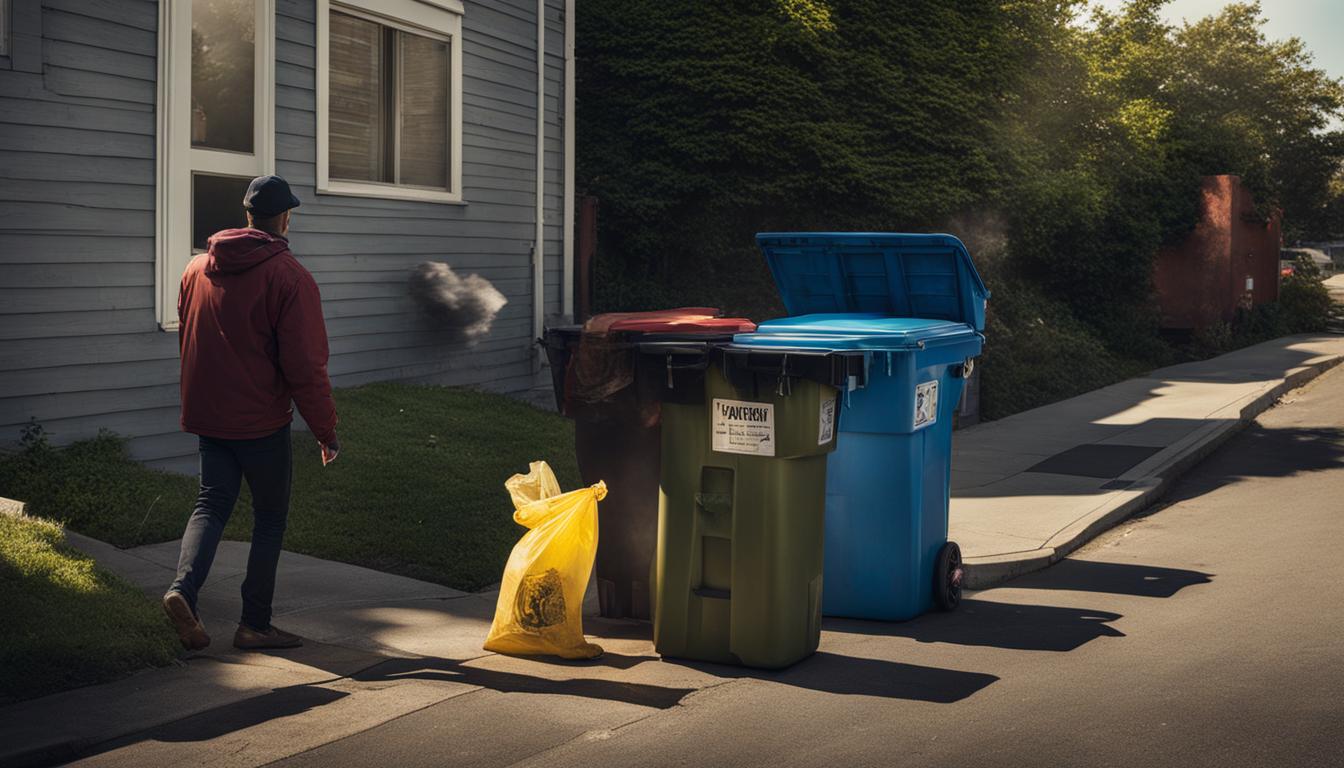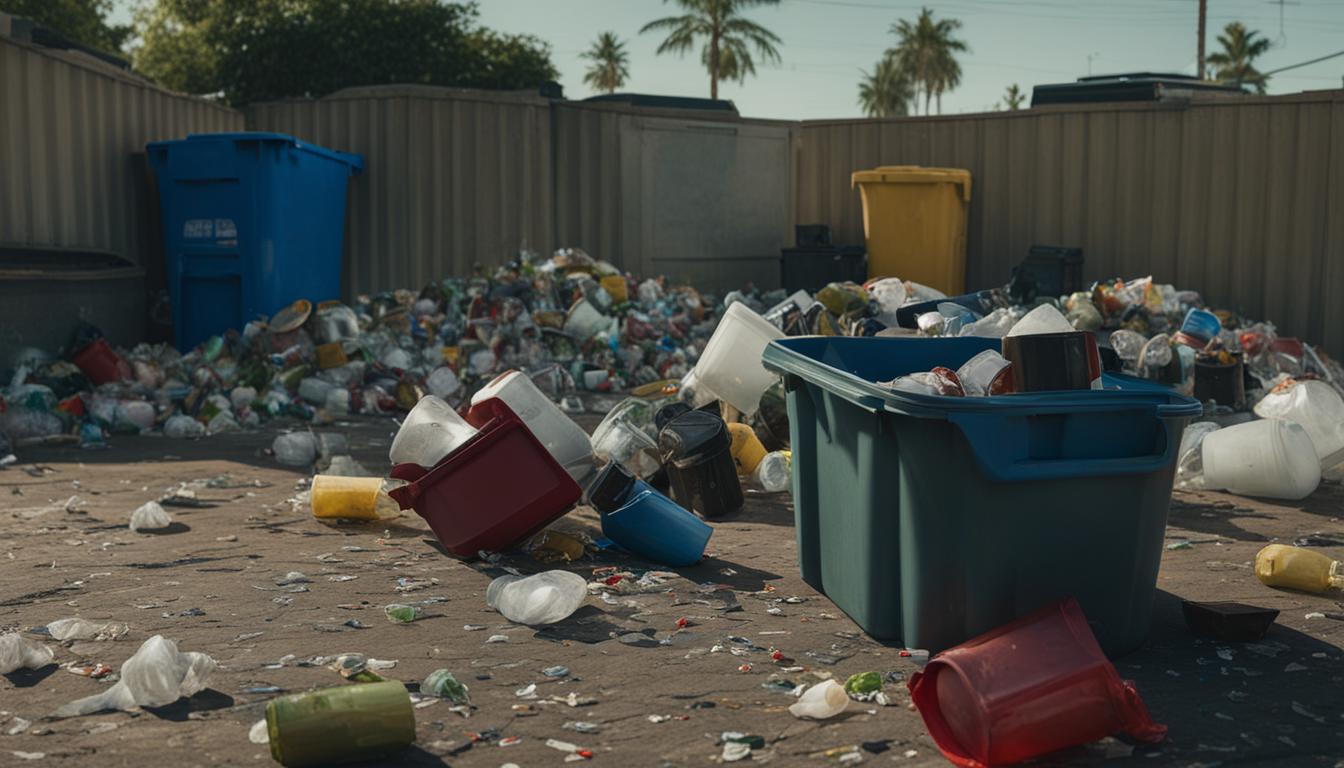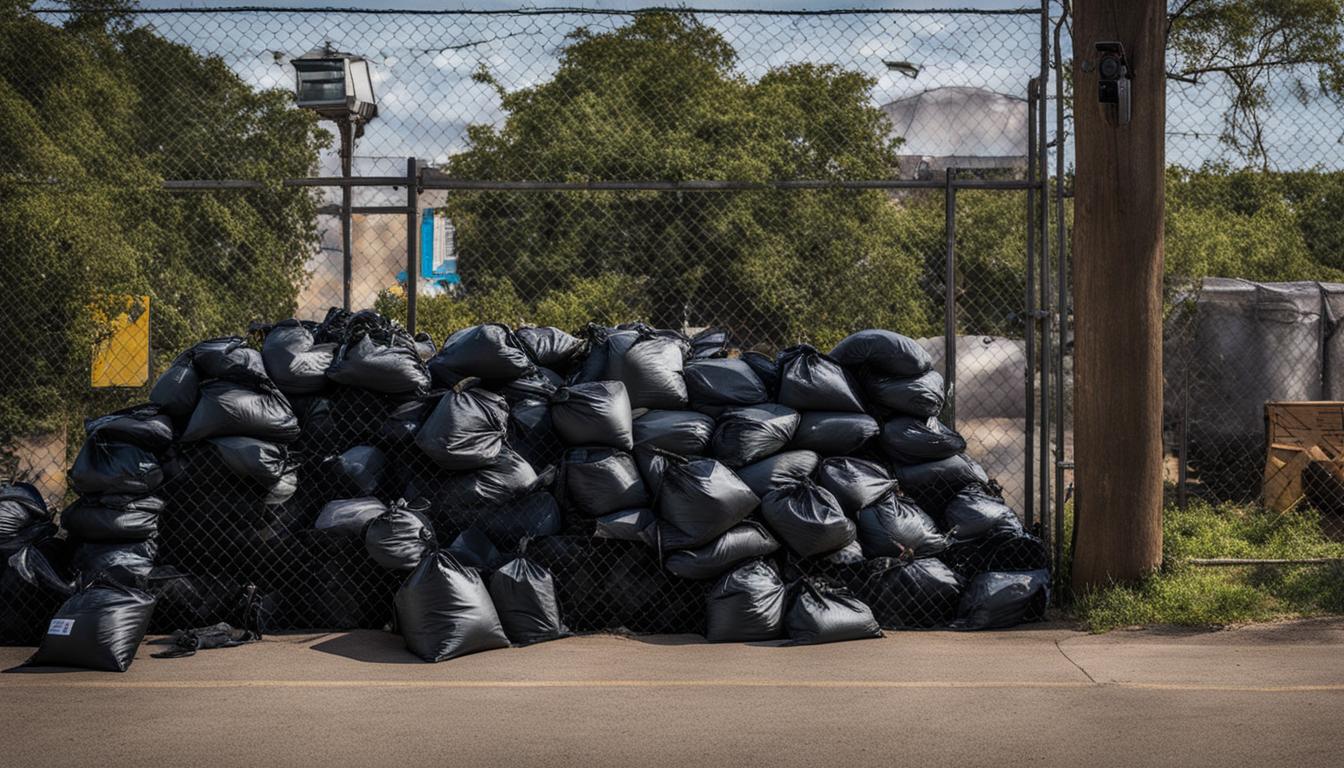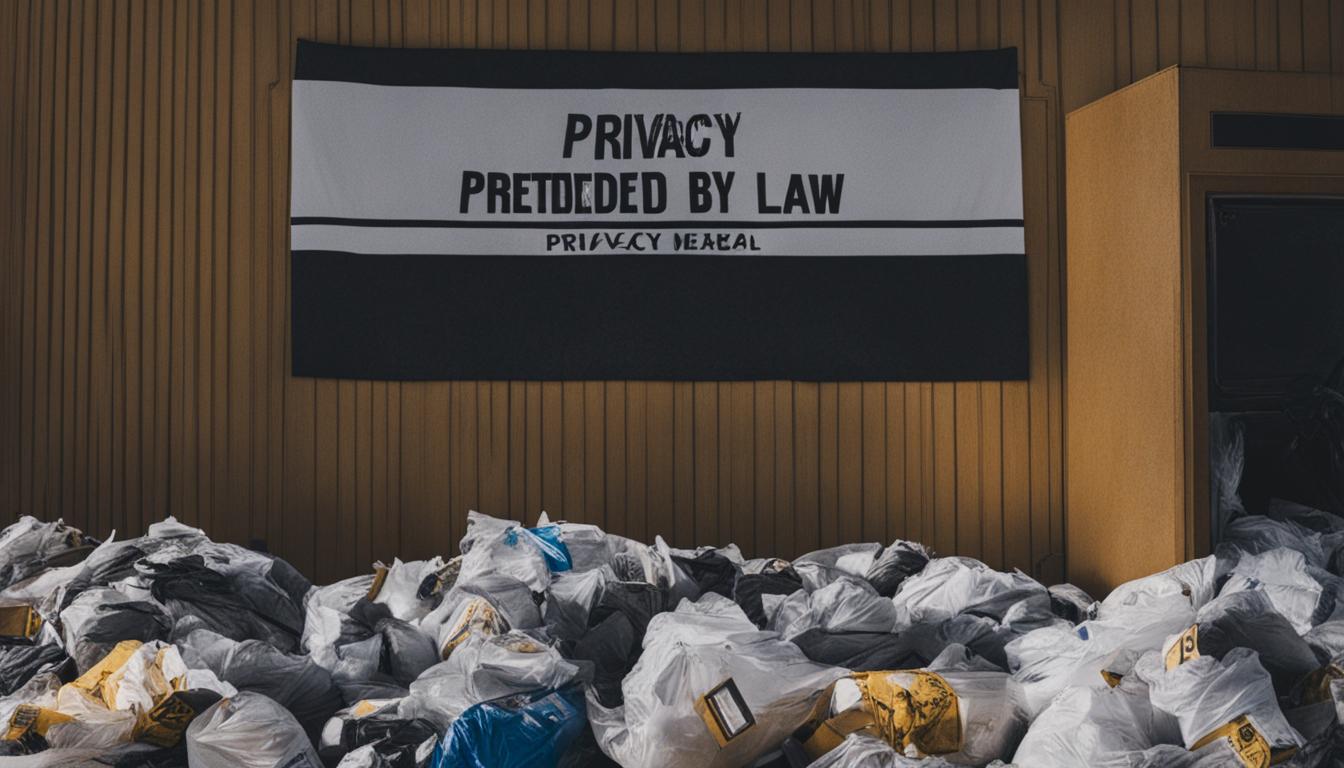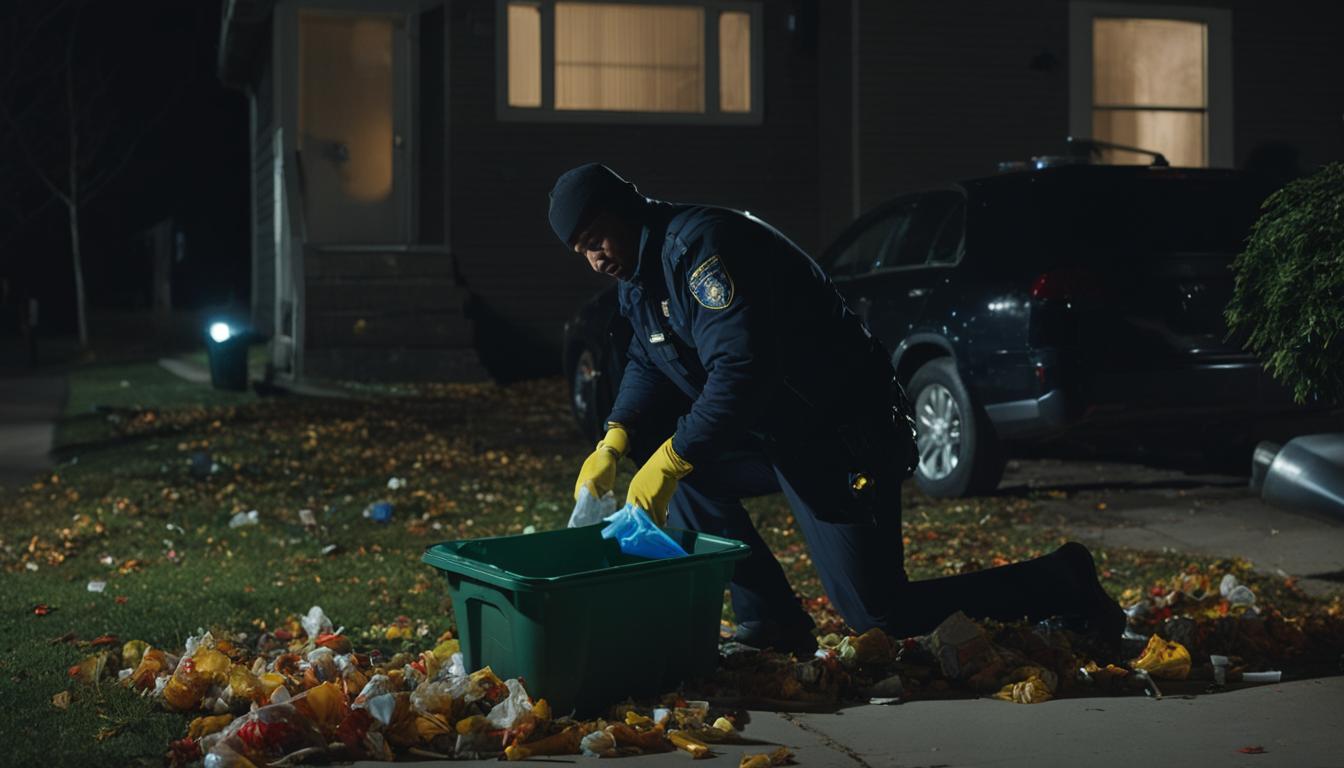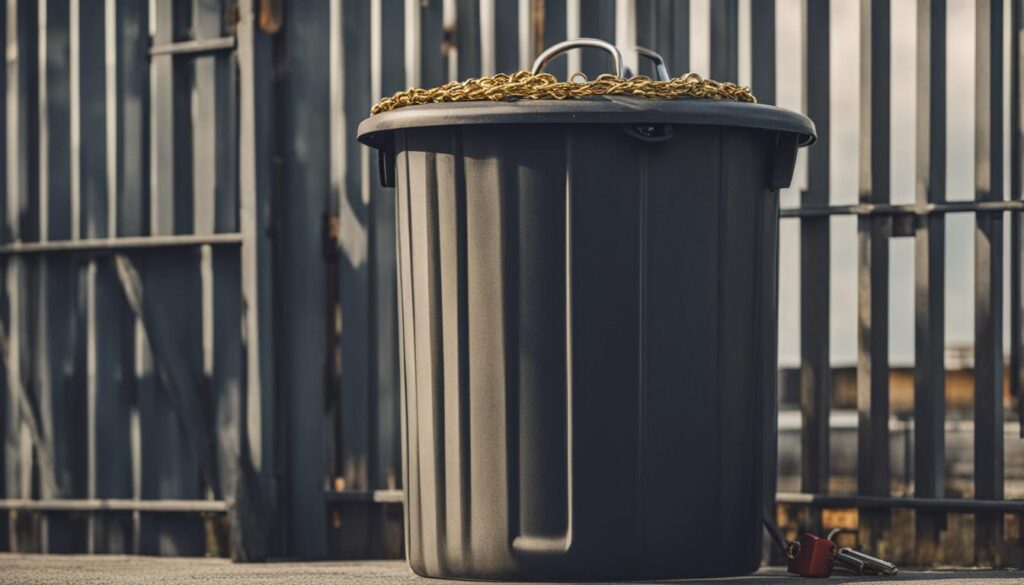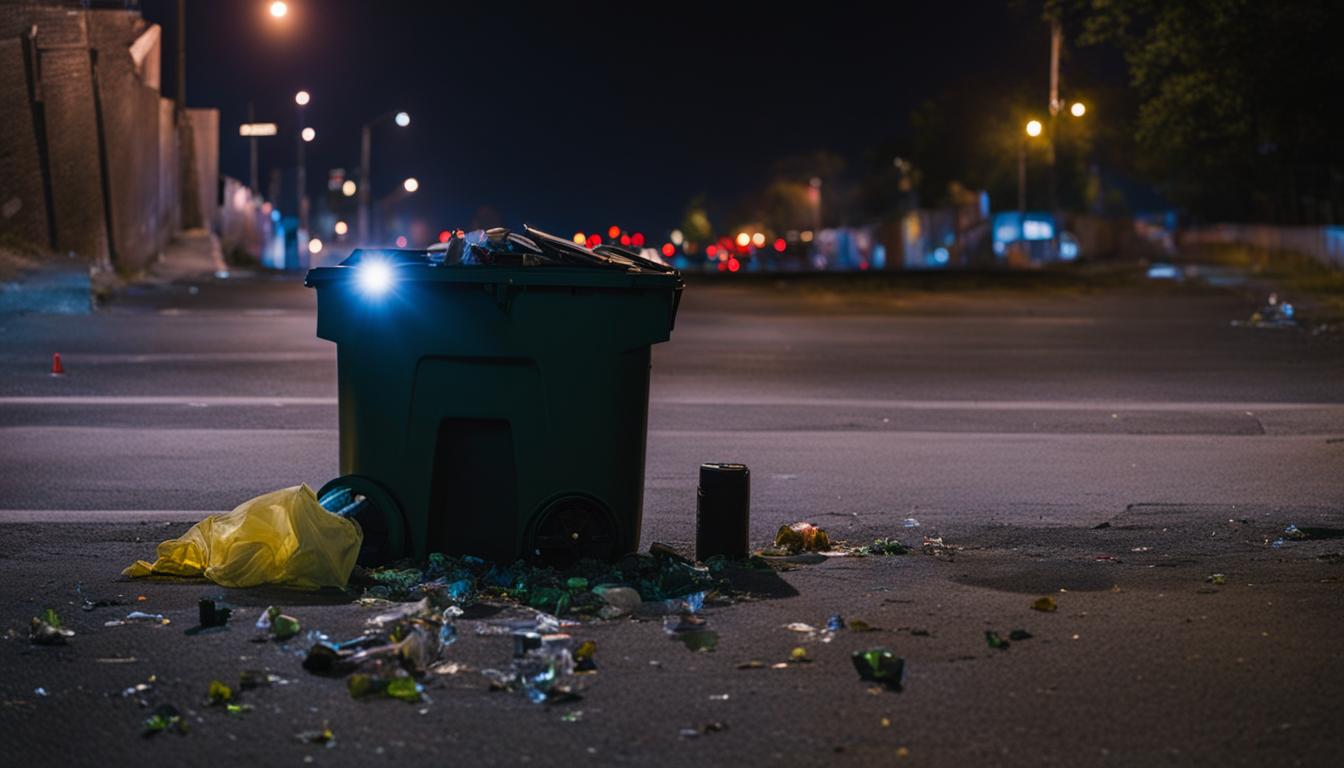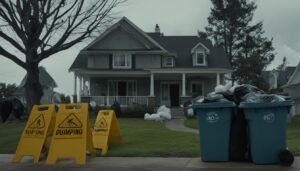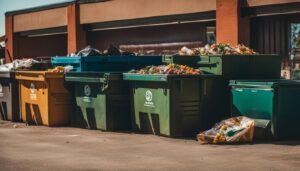Disclosure: This Post Contains Affiliate Links; We earn a commission on purchases.
When it comes to privacy, many people may assume that once their trash is out on the curb for collection, it becomes fair game for anyone. However, the legality of rummaging through garbage in Washington state is not so clear-cut. Understanding the laws and regulations surrounding trash privacy can help you protect your personal information and maintain your rights.
In a recent ruling by King County Superior Court Judge Beth Andrus, Seattle’s ordinance allowing garbage collectors to look through people’s trash to check for food scraps was declared unconstitutional and void. This decision highlights the complexity of trash privacy laws, which may differ from federal guidelines.
Washington law diverges from the United States Supreme Court’s decision in California v. Greenwood, which stated that residents have a reasonable expectation of privacy when it comes to their garbage. The Washington Supreme Court, in State v. Boland, has further solidified the notion that residents have a reasonable expectation of privacy in their garbage placed on the curb for collection.
While these rulings provide some protection against warrantless searches of trash, it is important to note that they may not apply to other circumstances, such as the collection and testing of abandoned DNA.
Key Takeaways:
- Washington state law recognizes a reasonable expectation of privacy in garbage placed on the curb for collection.
- Seattle’s ordinance allowing garbage collectors to look through people’s trash has been declared unconstitutional and void.
- Trash privacy laws may differ from federal guidelines, such as the Supreme Court’s decision in California v. Greenwood.
- The Washington Supreme Court has ruled that warrantless searches of trash are unconstitutional.
- Trash privacy laws may not apply to other circumstances, such as the collection and testing of abandoned DNA.
Trash Privacy and Constitutional Protection
The Washington Supreme Court, in State v. Boland, held that residents have a reasonable expectation of privacy in their garbage placed on the curb for collection. They ruled that it is unreasonable to expect that the government will conduct warrantless searches of the contents of garbage bags. This decision is based on Washington’s unique constitutional privacy protections and case law, which may provide more protection than the Fourth Amendment of the federal constitution.
https://www.youtube.com/watch?v=T0wB50669Ho
“It is equally repugnant to the Constitution to rummage through a person’s garbage at the curtilage of their home as it is to search a person’s garbage can inside their home.” (Justice Mary Yu, State v. Boland)
While the Fourth Amendment grants individuals protection against unreasonable searches and seizures, the Washington Supreme Court’s interpretation of the state constitution strengthens privacy protections even further when it comes to trash privacy. However, it’s important to note that this ruling may apply specifically to garbage searches and may not extend to other circumstances, such as the collection and testing of abandoned DNA.
Data Breach Notifications in Washington
In addition to the privacy protections outlined by the Washington Supreme Court, the state also has provisions in place regarding data breach notifications. If a data breach exposes sensitive personal information, Washington state law requires businesses and government entities to notify affected individuals in a timely manner. This helps ensure transparency and empowers individuals to take appropriate steps to protect their personal information.
| Type of Data | Notification Deadline |
|---|---|
| Social Security numbers, driver’s license numbers, financial account numbers | Within 45 days of the breach |
| Username or email in combination with a password or security question and answer | Within 45 days of the breach |
| Other personal information like name, address, date of birth | Within 45 days if the breach is reasonably likely to cause harm |
These data breach notification requirements are designed to protect individuals’ personal information and give them the opportunity to mitigate the potential harm caused by a breach. It highlights the emphasis that Washington state places on safeguarding privacy.
Trash Picking and Littering Laws in Washington
If you’re a Washington resident, it’s important to be familiar with the littering laws and regulations surrounding trash picking and the proper disposal of waste. Violating these laws can result in fines and legal consequences. Let’s take a closer look at some key aspects related to litter fines, securing loads, and the legality of trash picking in Washington.
Litter Fines
Washington takes littering seriously and imposes fines to deter this harmful behavior. The fines for littering can range from $103 to $5,000, depending on the severity of the offense. Higher fines may be imposed for lit debris and potentially dangerous litter such as cigarette butts. These penalties aim to promote environmental cleanliness and discourage individuals from littering.
Securing Loads
Motorists in Washington are required by law to secure their loads properly to prevent items from falling off and causing accidents on the road. This measure helps maintain the safety of both drivers and pedestrians. Ensuring that your load is securely fastened not only reduces the risk of accidents but also helps prevent litter from being scattered onto the streets.
The Legality of Trash Picking
While dumpster diving and trash picking itself is not illegal in Washington, it’s essential to understand the boundaries and potential consequences. Engaging in criminal activities, such as theft or trespassing during the act of trash picking, can lead to warnings or arrests by law enforcement. It’s crucial to respect private property rights and refrain from committing any unlawful acts while engaging in trash picking activities.
Dumping trash on the street or private property is also considered illegal under the Florida Litter Law. It’s important to dispose of waste responsibly and use designated trash bins or dumpsters to avoid violating littering laws and regulations.
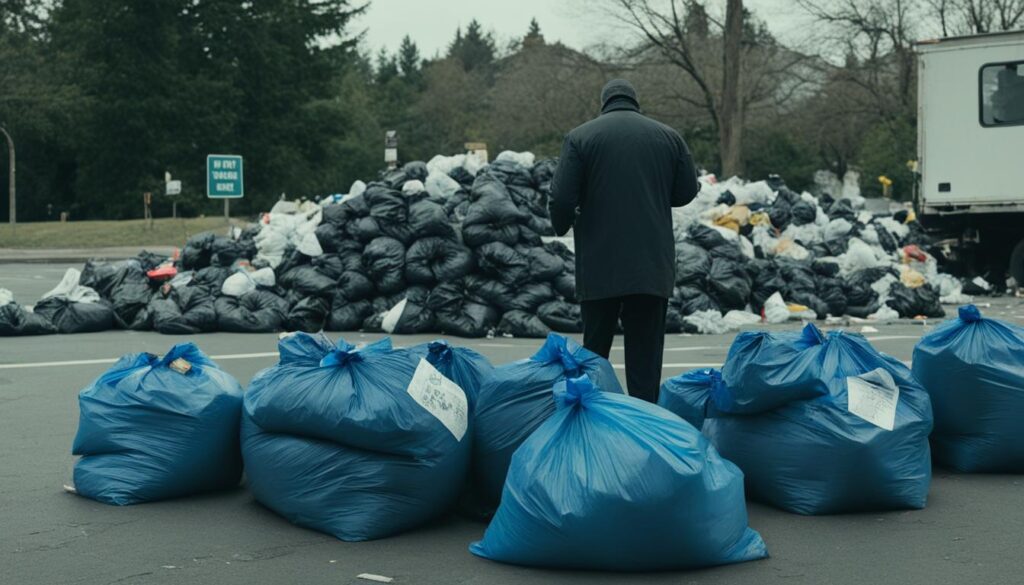
Trash Privacy and Information Security
Your trash can contain a significant amount of personal information, posing privacy risks and potential security threats. When individuals discard various items, they unwittingly expose details about themselves, including their habits, financial information, and even daily movements. The contents of your trash can act as a treasure trove for anyone looking to exploit personal data.
Discarded mail, utility bills, credit card and bank statements, and shopping receipts are just a few examples of the types of trash contents that can unveil intimate information about your life. These seemingly innocuous pieces of paper can provide insights into your daily routines, spending habits, and financial details, making you vulnerable to identity theft and fraud.
Law Enforcement and Private Investigators Access to Trash
While law enforcement agencies may search trash without a warrant under certain circumstances, private investigators can also gather evidence by accessing discarded trash in civil, insurance, divorce, and custody cases. This means that not only can law enforcement scrutinize your trash, but individuals involved in legal proceedings can capitalize on the trash’s potential information.
“Your trash can reveal a lot about your lifestyle and personal information. It’s essential to be vigilant and take measures to protect your privacy, not just online but in the physical realm as well.” – Privacy Expert
Furthermore, leaving your trash on the curb exposes it to a range of risks, including theft, stalking, and invasion of privacy. Malicious individuals or opportunistic criminals can sift through your trash to gather information that could be used against you, potentially leading to detrimental consequences.
Protecting Your Personal Information
Given the array of personal information that can be extracted from your trash, it’s essential to adopt proactive measures to protect your privacy:
- Shred any documents containing sensitive information before disposing of them.
- Avoid tossing out envelopes and packaging that display your name and address.
- Consider using a secure document destruction service for confidential materials.
- Be cautious about sharing sensitive information on physical documents.
- Be mindful of your trash disposal habits and take steps to minimize the visibility of sensitive information.
By being vigilant and taking these precautionary steps, you can mitigate privacy risks associated with your trash contents and safeguard your personal information.
| Privacy Risks | Protective Measures |
|---|---|
| Identity theft | Shred sensitive documents |
| Financial fraud | Minimize visible personal information |
| Stalking and harassment | Consider using secure document destruction services |
Local Ordinances and Recycling Restrictions
In the city of Jacksonville, Florida, there are specific local ordinances in place regarding recycling and the collection of recyclables. According to these city ordinances, it is a violation for anyone other than the designated recycling service to take recyclables left out on the curb.
One possible reason for this ordinance is to maintain a partnership between the city and the recycling company they have contracted with. By ensuring that only the designated recycling service collects the recyclables, the city can effectively manage the recycling process and potentially share profits with the recycling company.
It is important to note that while some states and cities have passed local ordinances making trash picking illegal, the City of Jacksonville does not have such a law. This means that individuals are legally allowed to go through trash that is left out for collection in Jacksonville.
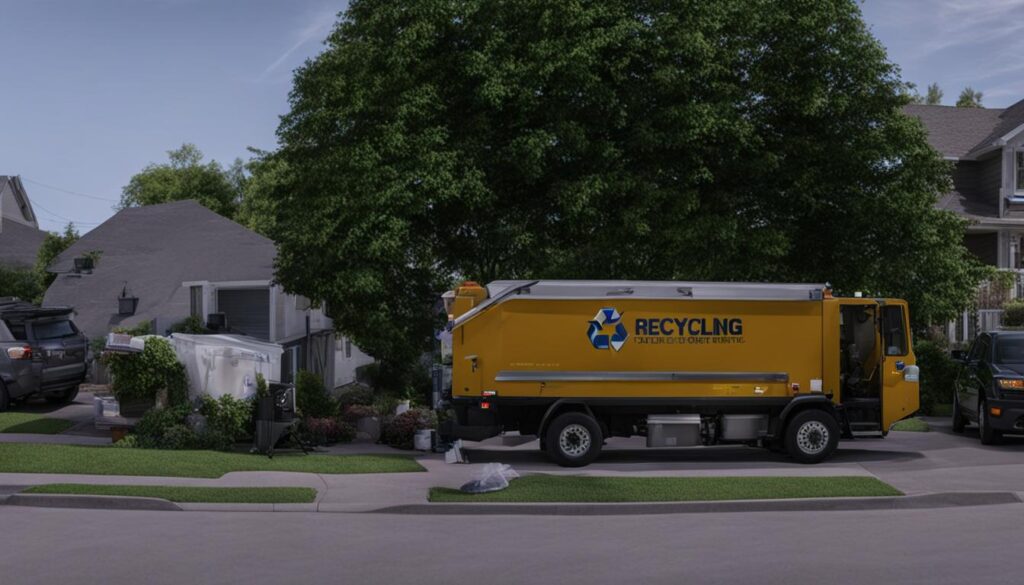
Allowing individuals to legally go through trash left for collection has its benefits. It promotes a culture of recycling and waste reduction by giving people the opportunity to salvage items that can still be reused or repurposed. This can help decrease the amount of waste that ends up in landfills and contribute to a more sustainable environment.
Conclusion
In Washington state, residents enjoy strong privacy protections when it comes to their trash privacy rights. According to the Washington Supreme Court, warrantless searches of garbage placed on the curb for collection are considered unconstitutional. This means that the government cannot legally search through your trash without a warrant in Washington.
However, it’s important to note that while going through trash itself is not illegal in Washington, engaging in criminal activity during the act or trespassing after being warned can result in consequences. It is crucial to remain mindful of the potential private information contained in discarded items and take steps to safeguard your personal information.
Protecting your trash privacy is essential to maintain your overall privacy and security. Take proactive measures such as shredding sensitive documents before disposal and utilizing secure methods for discarding personal information. By being vigilant and cautious, you can help safeguard your privacy rights and decrease the risk of any potential issues arising from discarded items.
Source Links
- https://smithblawg.blogspot.com/2016/04/in-washington-your-trash-is-private-but.html
- https://residentnews.net/2020/04/02/is-it-legal-for-someone-to-go-through-your-trash/
- https://ecology.wa.gov/waste-toxics/solid-waste-litter/litter/litter-laws

Subscribe to Our Newsletter

